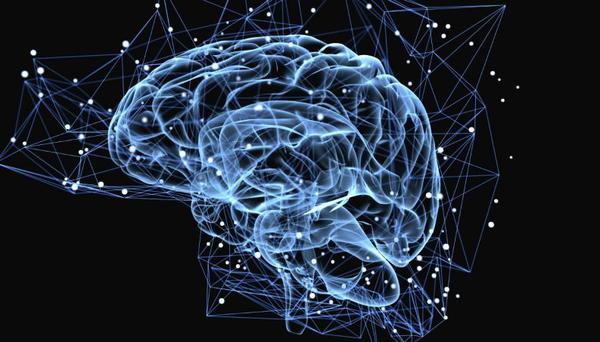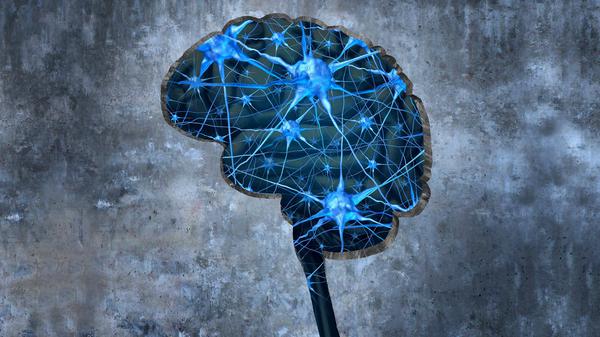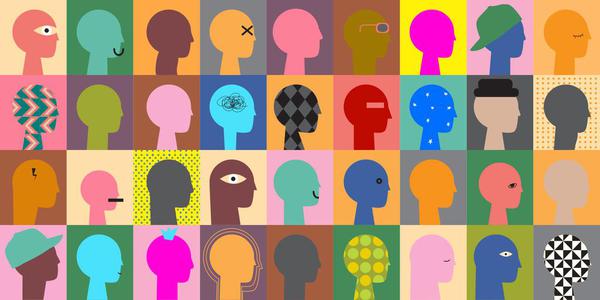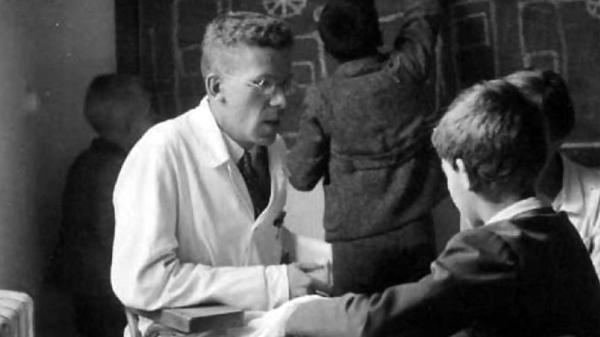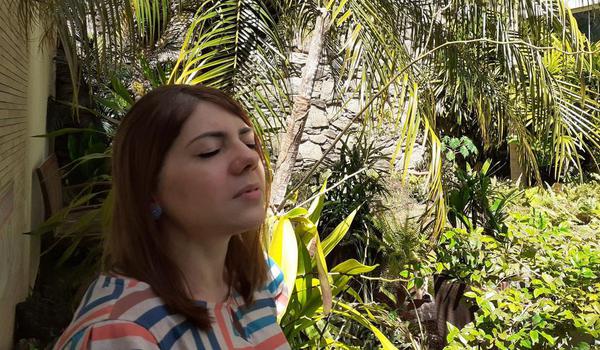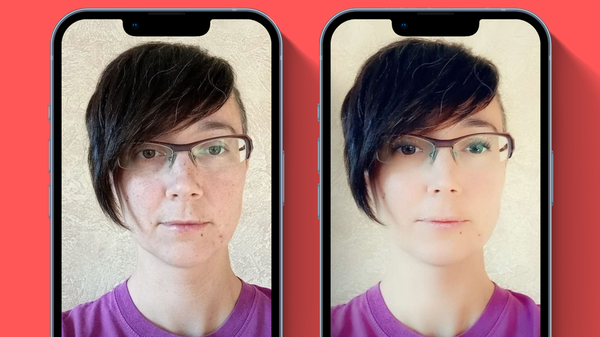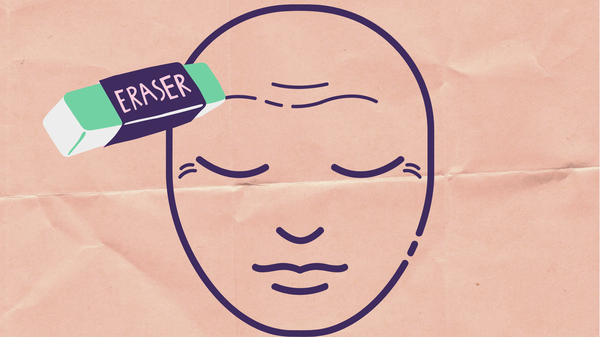

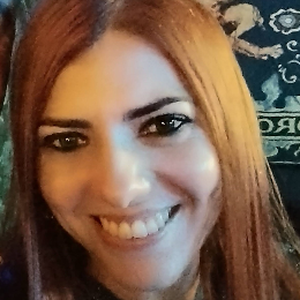
Daniela Silva – Bilingual Writer Specializing in Education, Mental Health, and Empathetic Storytelling
Daniela Silva helps brands, publishers, and organizations transform complex ideas into clear, powerful stories that educate, inspire, and drive meaningful action.
A Brazilian writer and educator with more than a decade of experience, Daniela specializes in Education and Mental Health writing, delivering content that is accurate, research-based, and deeply human. Her writing bridges science and storytelling, connecting with audiences on both an intellectual and emotional level.
With a BA in Pedagogy, an MBA in Personnel Management, and a postgraduate certification in Neuroeducation, Daniela brings a unique blend of academic knowledge and creative insight. Since 2012, her work has empowered teachers, guided parents, and fostered impactful conversations in global mental health communities.
Her articles have been featured in leading platforms such as Revista Meer, OC87 Recovery Diaries, The Ability Toolbox, 4W, Inspire the Mind, Psychreg, The Old Schoolhouse Magazine, and the New Heights Educational Group.
If you’re looking for a content writer in Education and Mental Health who can craft authentic, engaging, and impactful writing, Daniela is the creative partner who can bring your message to life.

I’d love to hear from you — whether you’re interested in working together, inviting me to collaborate, or simply sharing how one of my articles resonated with you.
Your thoughts and reflections matter. Tell me what touched you most, what you learned, or even what sparked new questions. Every message helps me grow as a writer — and keeps the conversation alive.
📩 Fill out the form or drop me a note — I’ll be happy to reply!
